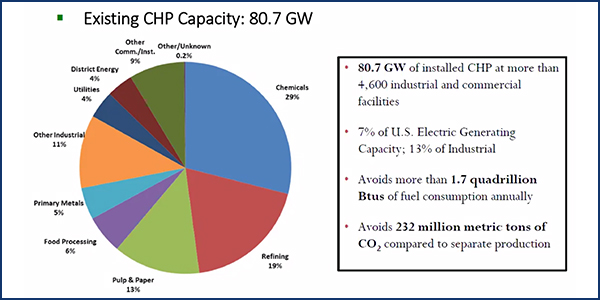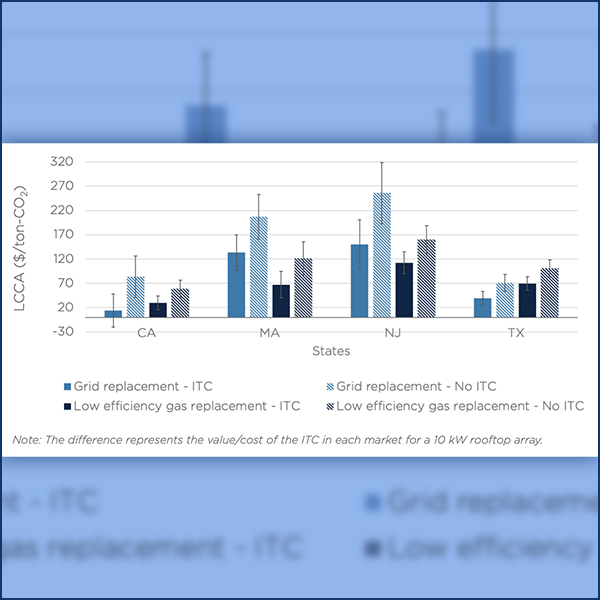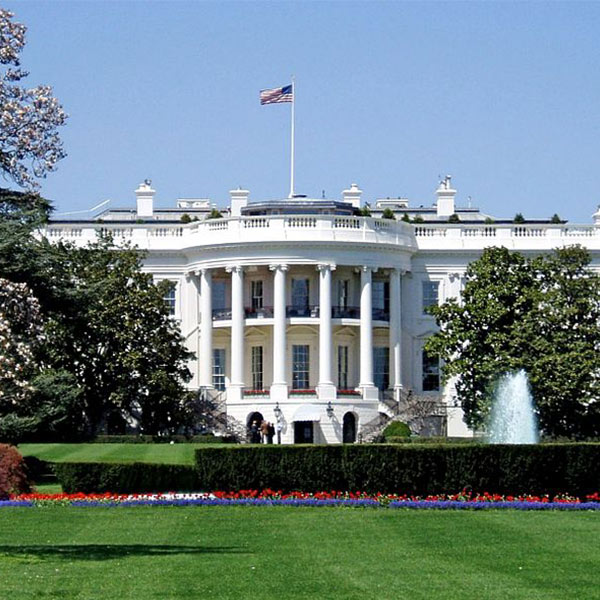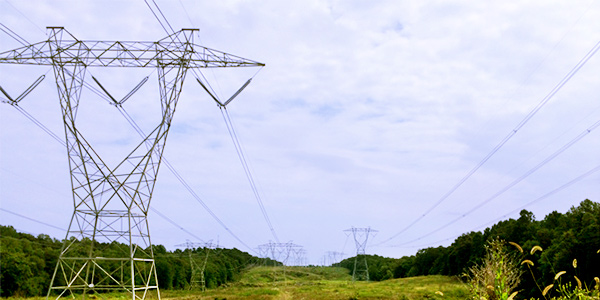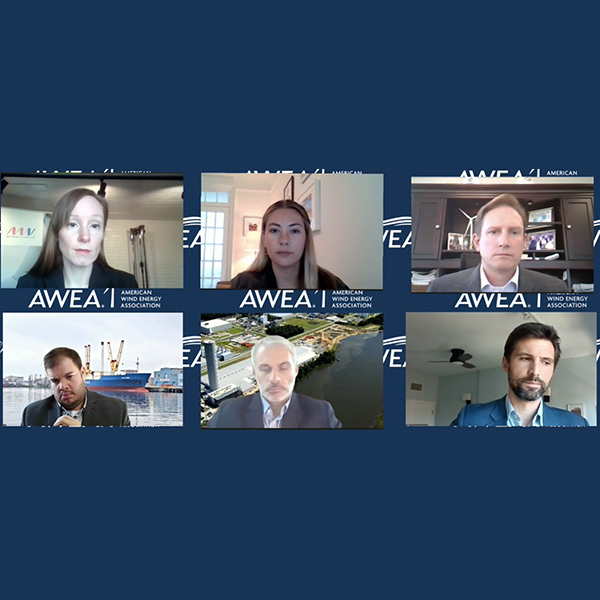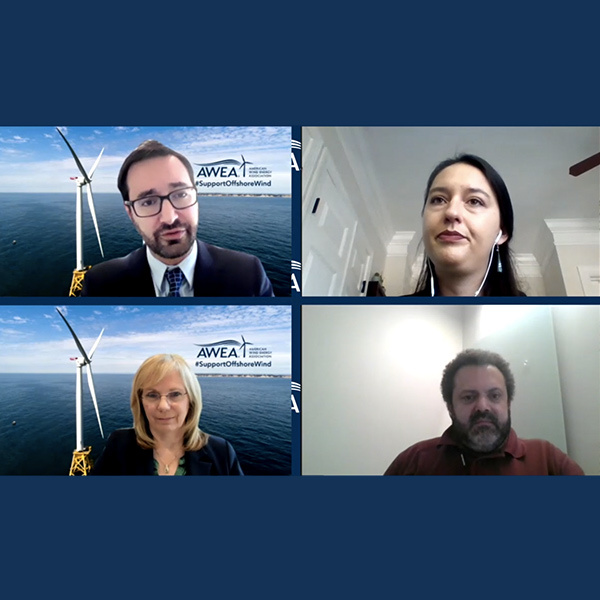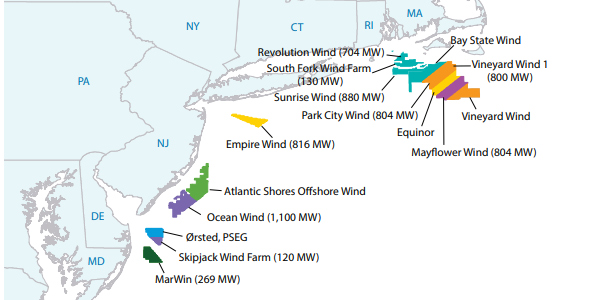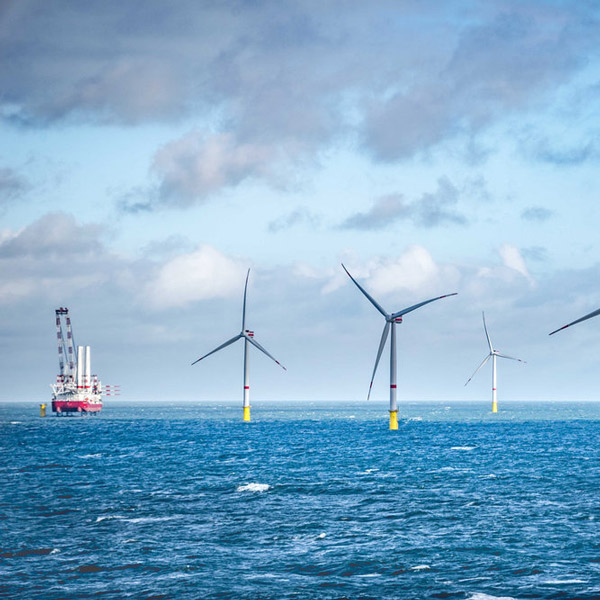Conference Coverage
Combined heat and power systems harbor great potential for small applications, but adopters must face that system costs do not fall in proportion to size.
A new study puts forward a levelized cost of carbon abatement as a way to compare technologies and policies that reduce emissions.
Chances are good that hydrogen will be a big part of the story of the power industry’s efforts to reach net-zero carbon emissions.
Congress’ first act under Joe Biden would likely be “massive” stimulus spending, including clean energy, to address the pandemic-induced recession.
TOs, regulators and stakeholders face a massive task in planning for new transmission as they prepare for an influx of renewable resources.
A panel examining FERC’s response to the D.C. Circuit’s Allegheny ruling evolved into an in-depth Q&A with acting General Counsel David Morenoff.
Permits are the first things needed to continue developing a sustainable supply chain for the U.S. offshore wind industry, AWEA panelists said.
Offshore wind advocates said they are confident the industry will retain its bipartisan support regardless of the results of the U.S. elections.
Stressing the urgency of the climate crisis, speakers at AWEA's offshore wind summit said its time to engage everyone in an energy transition.
Massachusetts, New Jersey, New York and Rhode Island officials discussed their role in training people to work in the offshore wind industry.
Want more? Advanced Search
